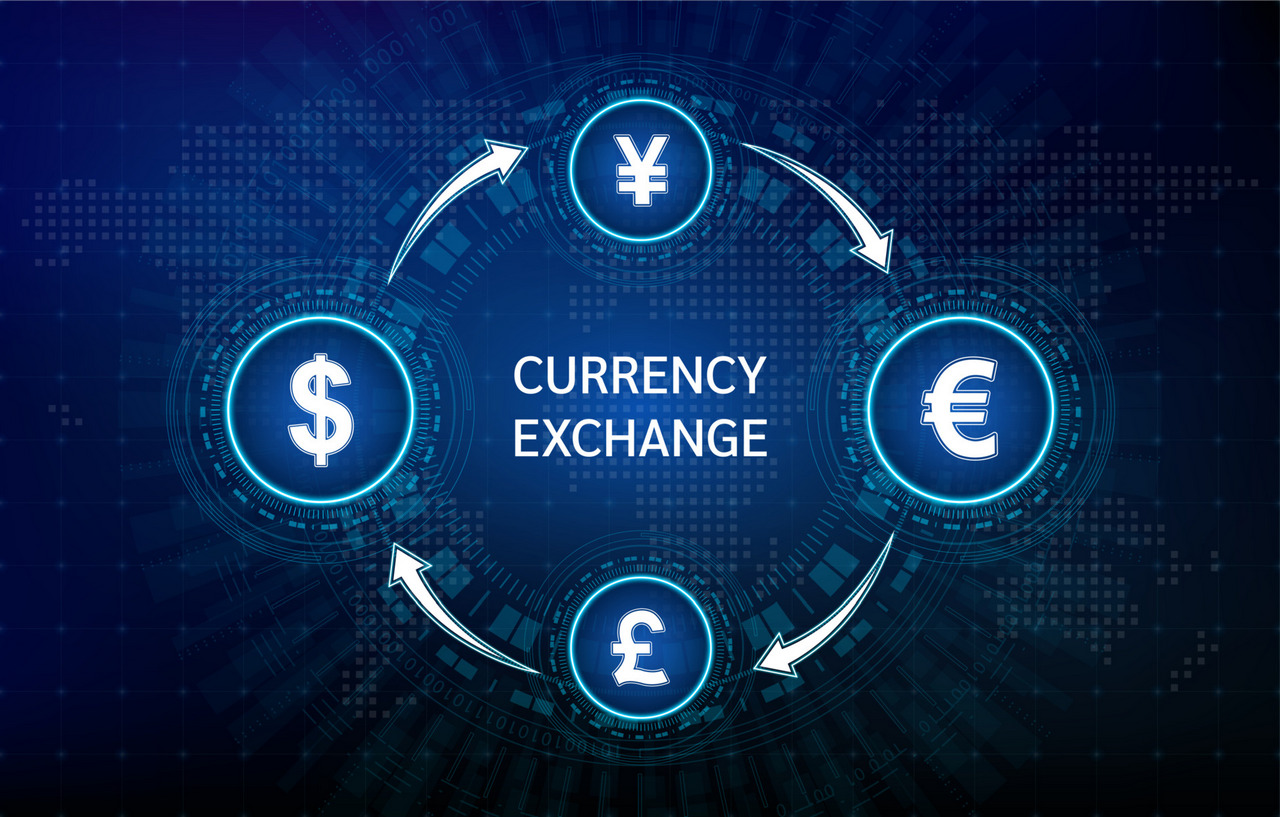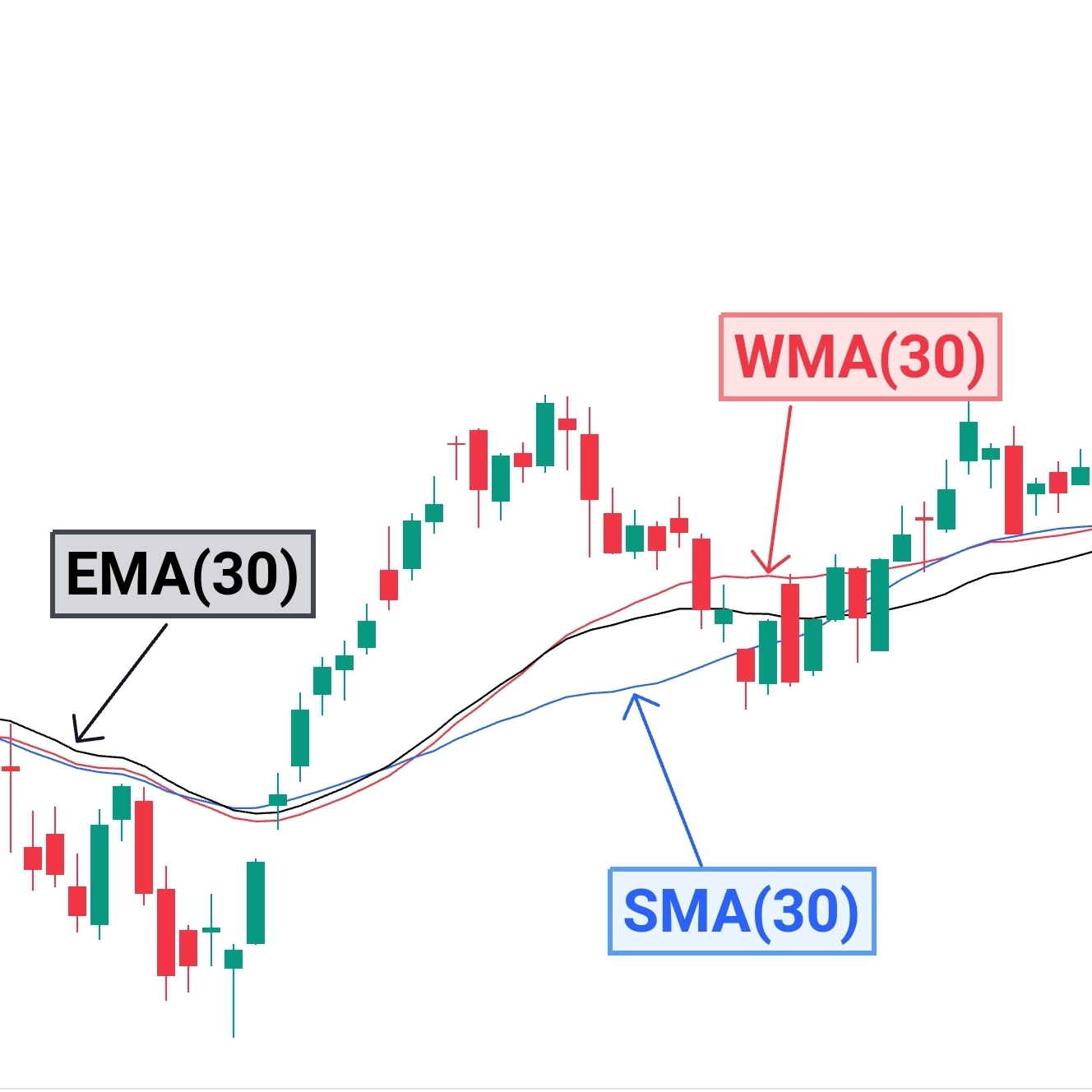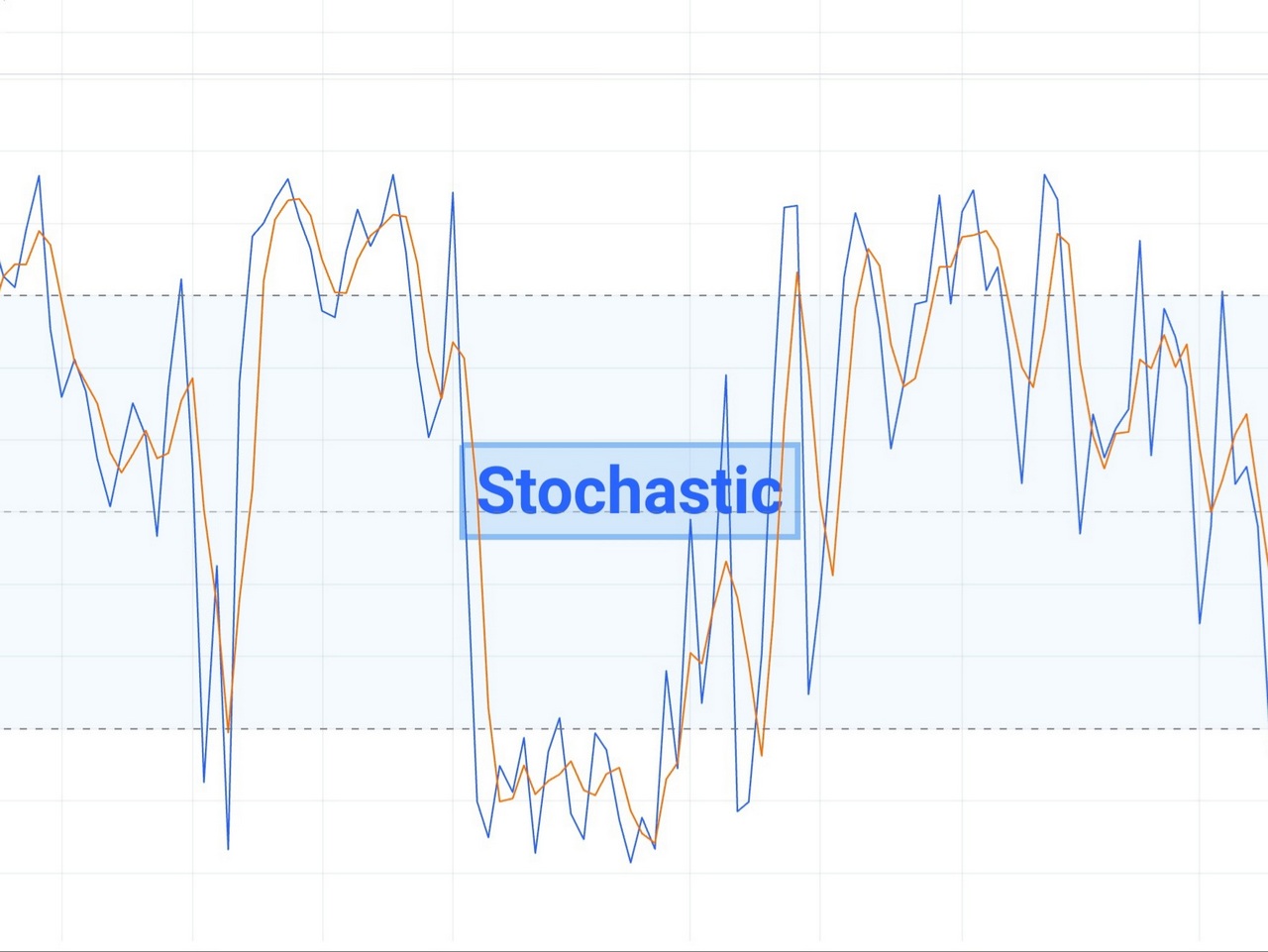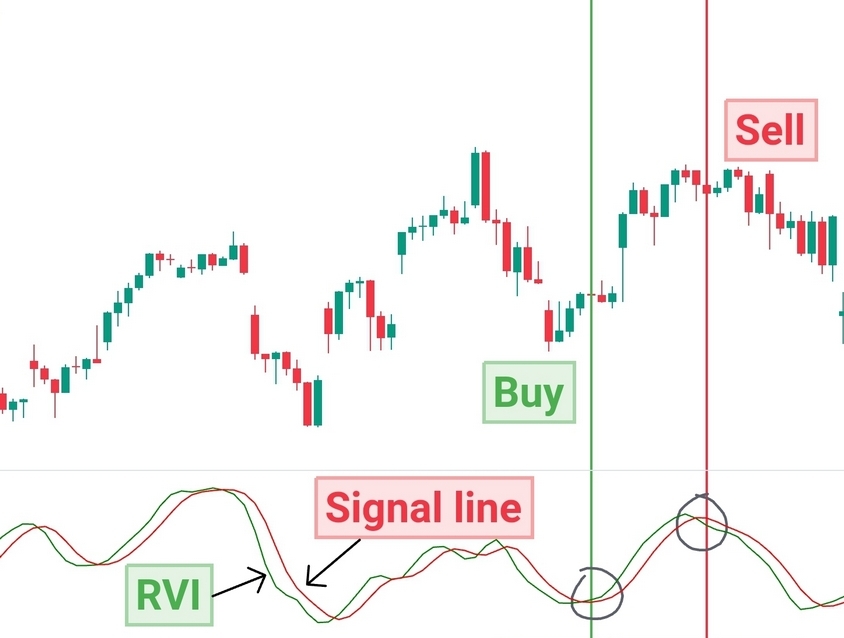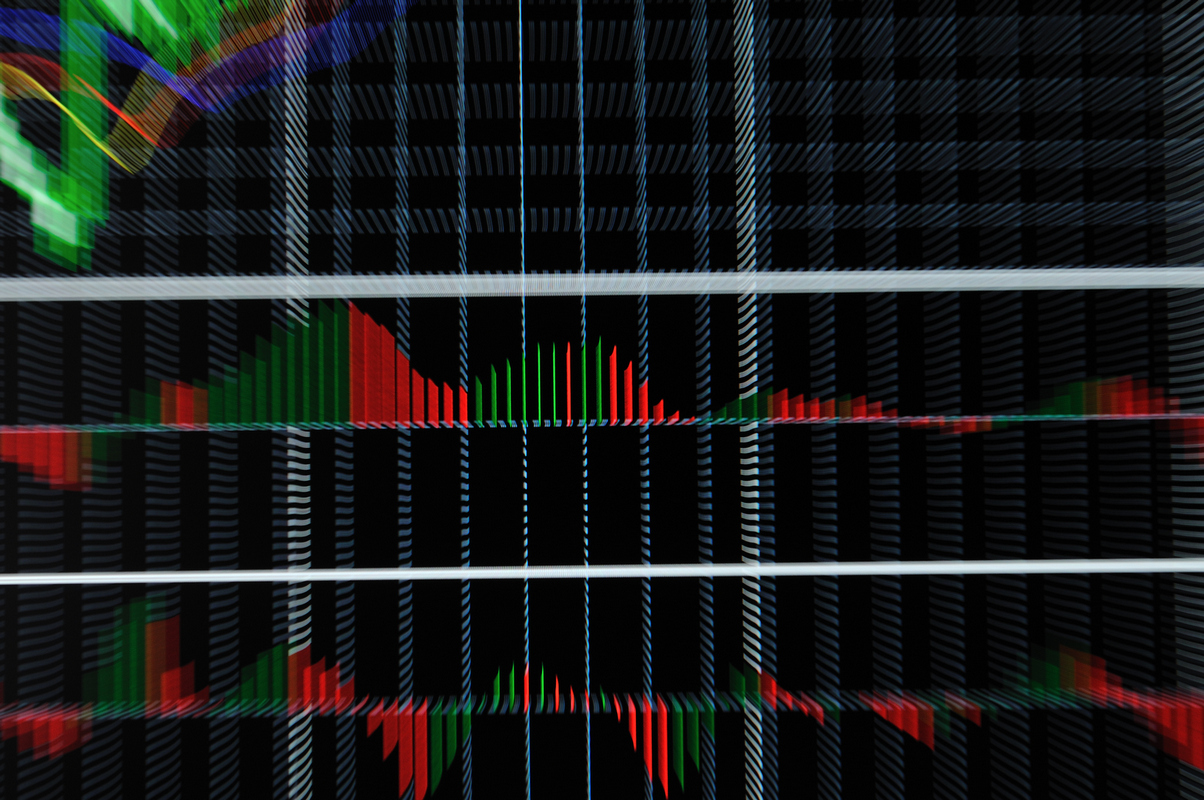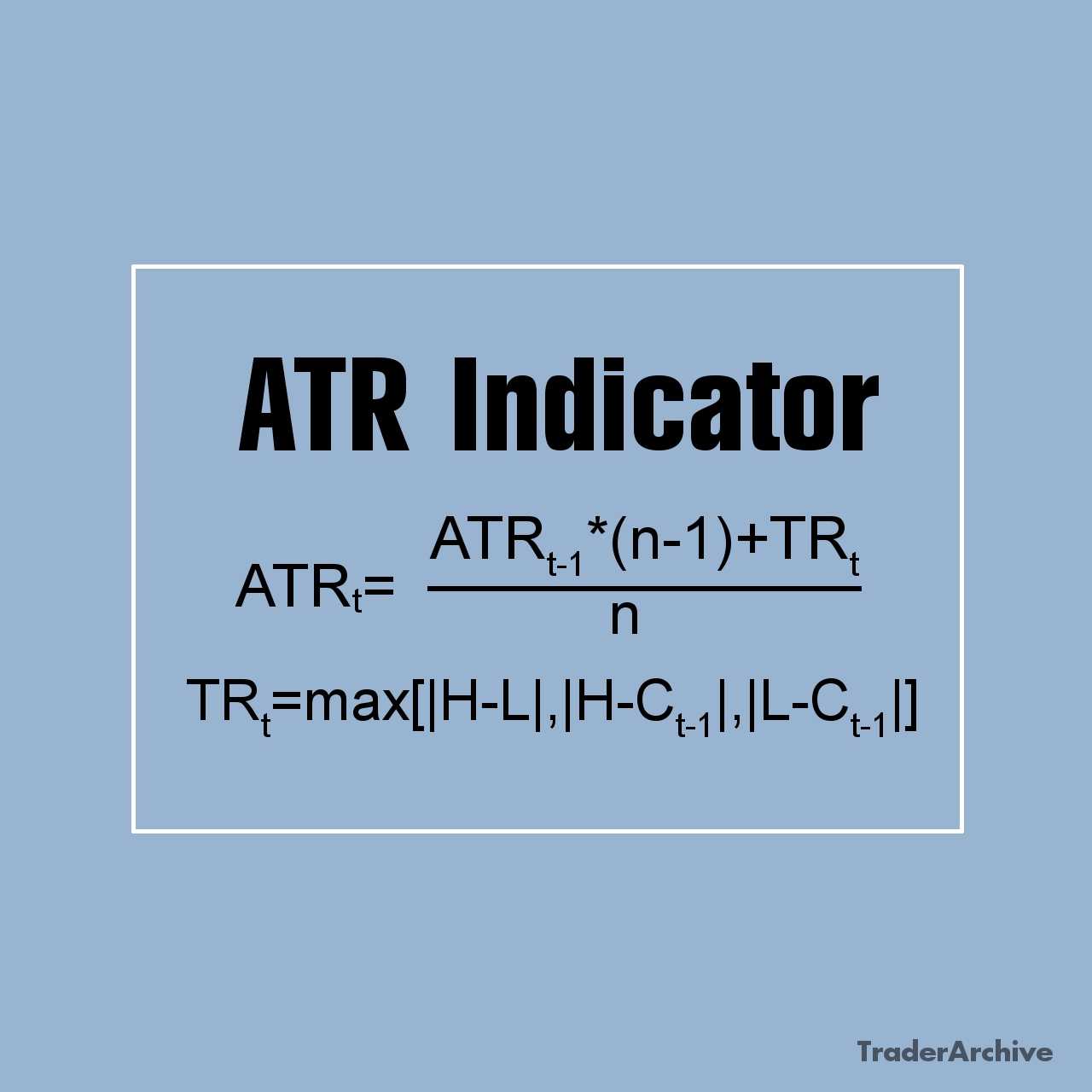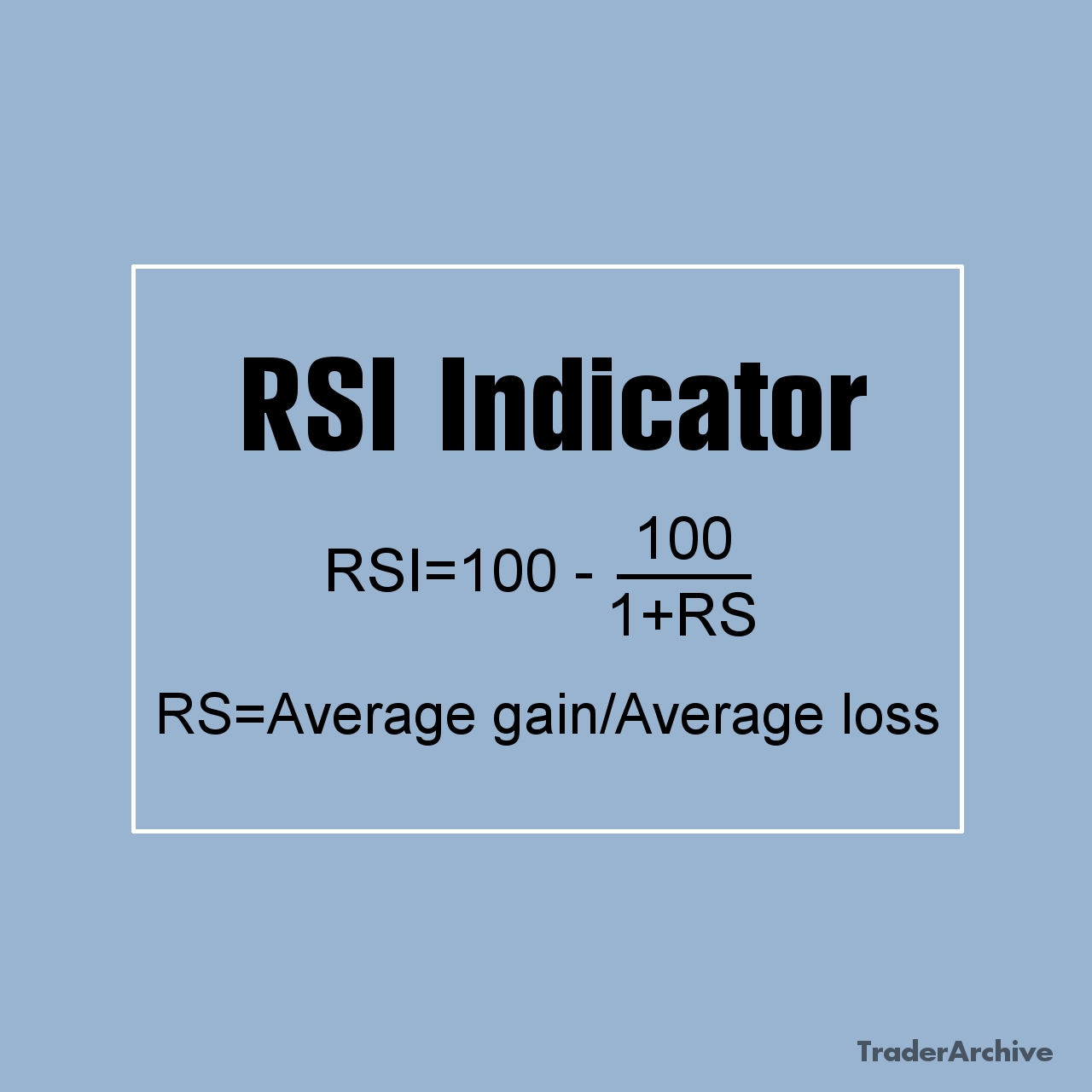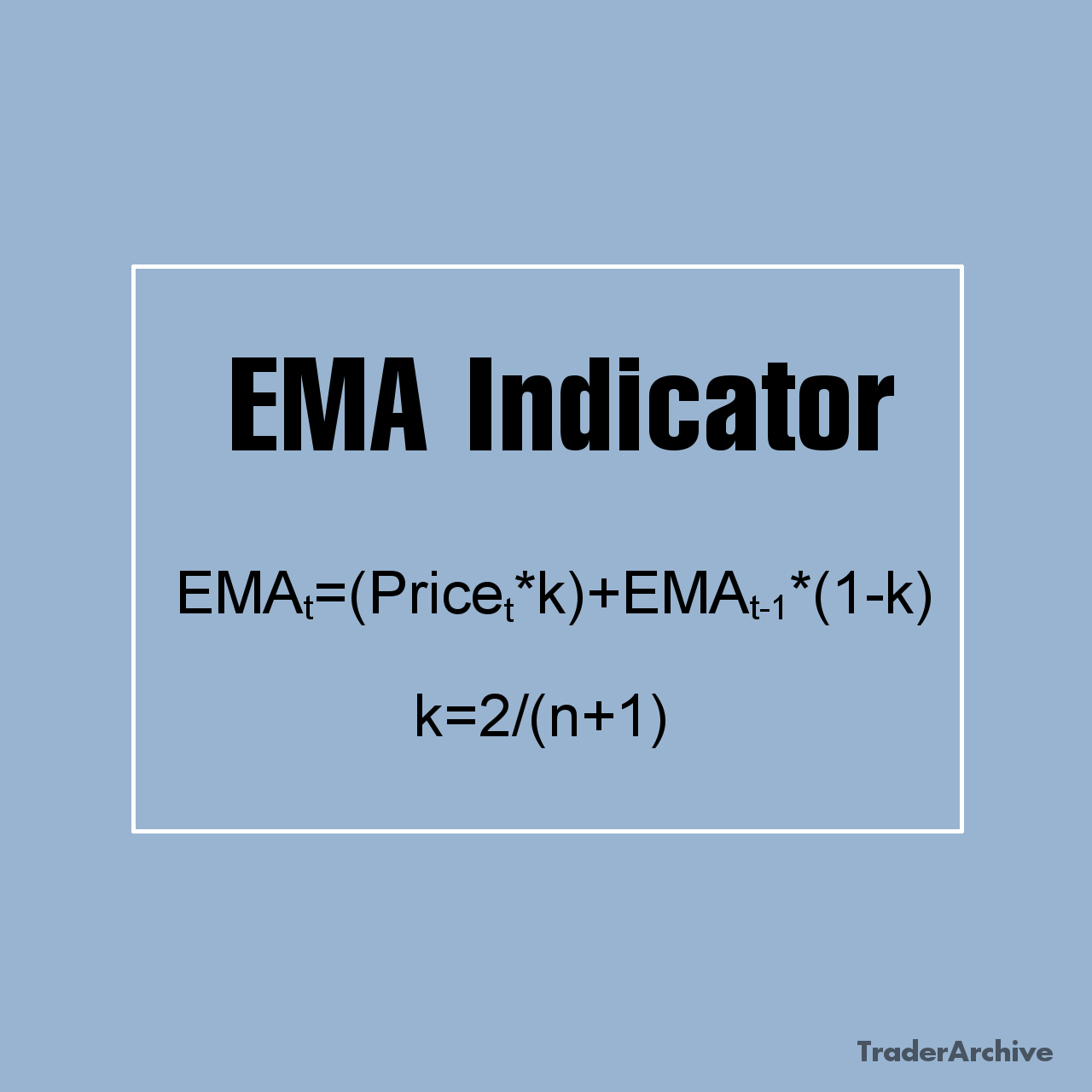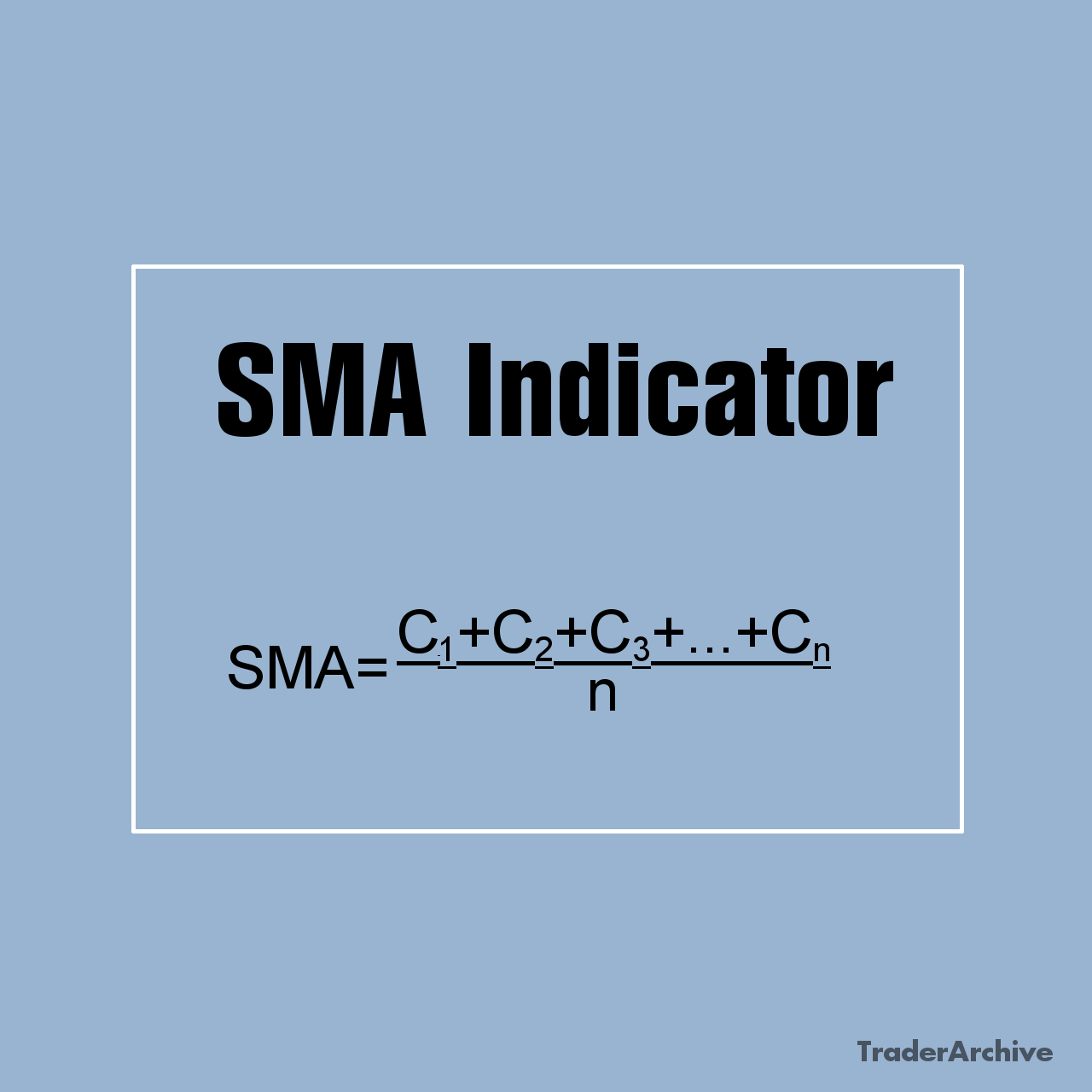In the realm of finance, the term “Forex” often emerges, sounding like an enigmatic domain accessible only to seasoned investors and financial wizards. However, beneath its mysterious allure lies a straightforward concept with profound implications for global economies and individual investors alike. Forex, short for foreign exchange, refers to the decentralized marketplace where currencies are traded. It stands as the largest and most liquid financial market in the world, dwarfing equities and commodities markets in terms of daily trading volume and overall significance. This article aims to shed light on what Forex entails, its mechanisms, participants, major terminology, and the opportunities it presents.
What Exactly is Forex?
At its core, forex trading involves the buying and selling of currencies with the aim of profiting from fluctuations in exchange rates. These fluctuations are influenced by a multitude of factors, including economic indicators, geopolitical events, central bank policies, and market sentiment.
Unlike traditional stock markets, which operate within specific trading hours, the forex market is open 24 hours a day, five days a week. This continuous operation is facilitated by a global network of banks, financial institutions, corporations, governments, and individual traders, all engaged in currency exchange transactions.
The primary objective for participants in the forex market varies. Central banks engage in forex trading to stabilize their domestic currency or influence their country’s economic conditions. Corporations utilize forex markets to hedge against currency risk, particularly when conducting international business transactions. For retail traders and investors, forex presents opportunities for speculation and profit generation.
What Features Does Forex Trading Have?
Liquidity: One of the most notable characteristics of the forex market is its exceptional liquidity. Traders can enter and exit positions with ease, thanks to the vast number of participants actively trading at any given moment. High liquidity means that large orders can be executed without significantly impacting exchange rates, reducing the risk of slippage.
Accessibility: Forex trading is highly accessible to individual investors. With the advent of online trading platforms and brokerage services, anyone with an internet connection and a modest capital can participate in the forex market. This accessibility has democratized trading, allowing individuals from diverse backgrounds to engage in currency trading.
Leverage: Another defining feature of forex trading is the availability of leverage. Leverage allows traders to control larger positions with a relatively small amount of capital. While leverage amplifies potential profits, it also magnifies potential losses, making risk management crucial for successful trading.
Volatility: The forex market is inherently volatile, with exchange rates fluctuating continuously in response to various factors. While volatility presents opportunities for profit, it also increases the risk of substantial losses. Traders must possess the knowledge and skills to navigate volatile market conditions effectively.
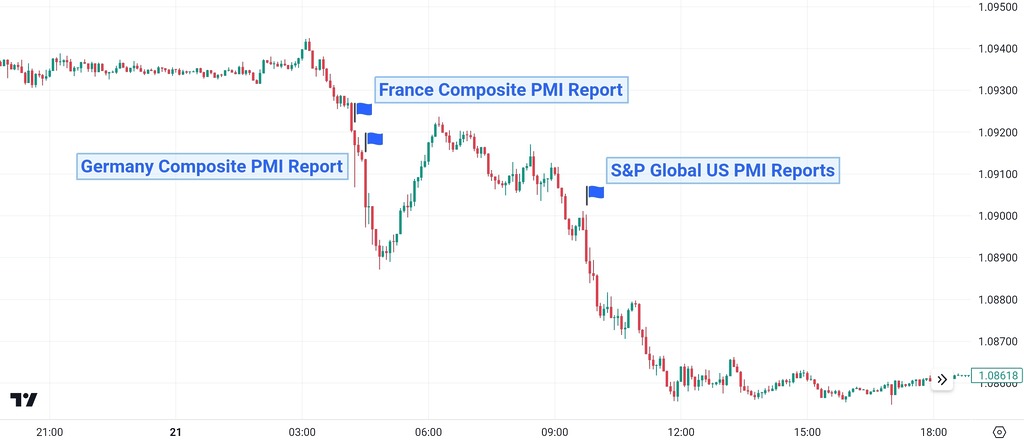
EUR/USD chart, 5 min intervals, as an example of high volatility during reports announcements. Source: TradingView.com
Forex and Currency Pairs
In forex trading, currencies are traded in pairs, with each pair representing the exchange rate between two currencies. The most traded currency pairs are known as major pairs, which include combinations such as EUR/USD, GBP/USD, and USD/JPY. Minor (for example AUD/CAD, NZD/JPY, EUR/AUD) and exotic currency pairs (for example USD/TRY, USD/SEK, EUR/TRY), on the other hand, involve currencies from smaller economies or emerging markets.
Who Trades on Forex?
Central Banks: Central banks play a significant role in the forex market, as they are responsible for formulating monetary policy and maintaining stability in their respective currencies. Central bank interventions, such as interest rate decisions and quantitative easing programs, can have a profound impact on exchange rates.
Commercial Banks: Commercial banks engage in forex trading to facilitate transactions for their clients, including corporations, institutional investors, and retail traders. They also engage in proprietary trading activities, seeking to profit from fluctuations in exchange rates.
Hedge Funds and Institutional Investors: Hedge funds and institutional investors participate in Forex trading to diversify their investment portfolios and capitalize on market opportunities. These entities often employ sophisticated trading strategies and have access to advanced analytical tools and resources.
Corporations: Multinational corporations engage in forex trading to manage currency risk arising from international operations. By hedging their exposure to foreign exchange fluctuations, corporations seek to minimize potential losses and protect their profit margins.
Retail Traders: Individual investors, often referred to as retail traders, represent a significant portion of the forex market. Armed with online trading platforms and access to educational resources, retail traders speculate on exchange rate movements with the aim of generating profits.
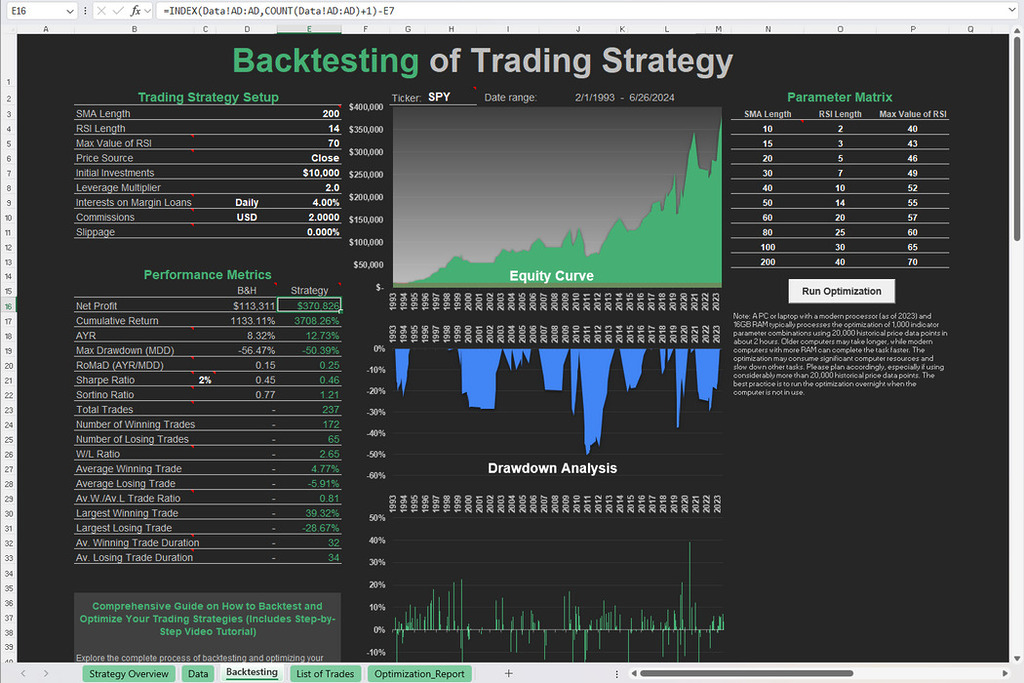
Free Backtesting Spreadsheet
How to Start Trading Forex
Starting your journey in forex trading doesn’t have to be overwhelming. Here’s a simplified guide to help you begin:
- Learn the Basics: Start by understanding the fundamentals of forex trading, including how currencies are traded, what influences exchange rates, and the various trading strategies available. Reading articles throughout the TraderArchive website, as well as books and tutorials, can be invaluable for beginners.
- Choose a Reliable Broker: Select a reputable forex broker that offers competitive spreads, a user-friendly trading platform, and reliable customer support. Ensure the broker is regulated by a recognized authority to protect your funds and interests.
- Practice with a Demo Account: Most brokers provide demo accounts where you can practice trading with virtual money. Use this opportunity to familiarize yourself with the trading platform, test different strategies, and build confidence without risking real capital.
- Develop a Trading Plan: Create a trading plan outlining your goals, risk tolerance, and strategy. Define clear entry and exit points for your trades and determine how much capital you’re willing to risk on each trade.
- Start Small: When you’re ready to trade with real money, start with a small amount that you can afford to lose. Avoid overleveraging and focus on preserving your capital while gaining experience.
- Implement Risk Management: Protect your capital by using stop-loss orders to limit losses on each trade. Avoid risking more than a small percentage of your account balance on any single trade.
- Stay Informed: Keep yourself updated on market news, economic indicators, and trading trends. Continuously learn and adapt your strategies based on market conditions and your trading performance.
Trading Strategies in Forex
Various trading strategies are employed in the forex market, each tailored to suit different risk profiles, market conditions, and trading styles. Some of the most common strategies include:
- Day Trading: Day traders execute multiple trades within a single trading day, aiming to capitalize on short-term price movements. This strategy requires quick decision-making and active monitoring of the market.
- Swing Trading: Swing traders hold positions for several days or weeks, seeking to profit from medium-term trends in the market. They may use technical analysis, fundamental analysis, or a combination of both to identify potential trading opportunities.
- Scalping: Scalping involves making numerous small trades with the goal of capturing minor price movements. Scalpers aim to profit from rapid fluctuations in the market, often holding positions for just a few seconds to a few minutes.
- Position Trading: Position traders take a long-term view of the market, holding positions for weeks, months, or even years. This strategy is based on fundamental analysis and macroeconomic trends, with trades typically based on long-term market outlooks.
What Means…? or Forex Terminology
Familiarizing yourself with key terminology is essential for understanding market dynamics and effectively communicating within the trading community. Below are some fundamental terms every beginner should know:
Pip
A pip, short for “percentage in point,” is the smallest price movement that a currency pair can make. Most currency pairs are quoted to four decimal places, with one pip representing a one-unit movement in the fourth decimal place. For example, if the EUR/USD pair moves from 1.2000 to 1.2001, it has increased by one pip.
Spread
The spread refers to the difference between the bid price (the price at which buyers are willing to purchase a currency pair) and the ask price (the price at which sellers are willing to sell a currency pair). It represents the transaction cost incurred when entering a trade and is typically measured in pips.
Lot Size
Lot size refers to the standardized quantity of currency units in a forex trade. The standard lot size is 100,000 units of the base currency, but there are also mini, micro, and nano lots, which represent 10,000, 1,000, and 100 units, respectively. Lot size determines the value of each pip movement and the amount of capital required to trade.
Margin
Margin is the amount of capital required to open and maintain a trading position in the forex market. It is expressed as a percentage of the total position size and serves as collateral against potential losses. Margin requirements vary depending on factors such as leverage and currency pair volatility.
Leverage
Leverage allows traders to control a larger position size with a smaller amount of capital. It magnifies both profits and losses and is expressed as a ratio (e.g., 33:1, 100:1). While leverage amplifies potential returns, it also increases risk, making risk management crucial for successful trading.
Risk Management in Forex Trading
Effective risk management is essential for success in forex trading. Traders must implement strategies to protect their capital and minimize losses, including:
- Setting Stop-Loss Orders: Stop-loss orders are predetermined price levels at which traders exit losing positions to limit potential losses. By setting stop-loss orders, traders can define their risk tolerance and protect their capital from excessive drawdowns.
- Using Proper Position Sizing: Position sizing involves determining the appropriate amount of capital to allocate to each trade based on risk parameters and account size. Traders should avoid overleveraging and ensure that each trade represents a manageable portion of their overall capital.
- Diversifying Trading Strategies: Diversification involves spreading risk across different assets, currency pairs, and trading strategies. By diversifying their trading activities, traders can reduce the impact of adverse market movements on their overall portfolio.
- Continuous Learning and Adaptation: The forex market is dynamic and ever-changing, requiring traders to stay informed and adapt to evolving market conditions. Continuous learning, experimentation, and refinement of trading strategies are essential for long-term success.
Final Thoughts
Forex trading offers a compelling opportunity for individuals to participate in the global financial markets and potentially generate substantial returns. However, success in forex trading requires a combination of knowledge, skill, discipline, and sound risk management practices. By understanding the fundamentals of forex trading, identifying suitable trading strategies, and adhering to prudent risk management principles, traders can navigate the complexities of the forex market with confidence. Whether one is a seasoned investor or a novice trader, the world of forex trading offers endless possibilities for growth, learning, and financial empowerment.
Share on Social Media:
FAQ
What is forex and how does it work?
Forex, or foreign exchange, is the global market where currencies are traded. Participants buy and sell currencies to profit from changes in exchange rates. Trading involves predicting whether one currency will strengthen or weaken against another.
What is forex with an example?
For example, if you believe the euro (EUR) will strengthen against the US dollar (USD), you would buy the EUR/USD pair. If the euro’s value rises as predicted, you profit; if it falls, you incur a loss.
What do you mean by forex?
Forex refers to the decentralized marketplace where currencies are exchanged globally, involving banks, institutions, corporations, governments, and individual traders.
Is forex trading good for beginners?
Forex trading can be rewarding but also carries risks. Beginners should approach it cautiously, learning about market dynamics, strategies, and risk management. Starting with a demo account is advisable.
Is $500 enough to trade forex?
While $500 is sufficient to start, it may limit trading opportunities and increase risks. Beginners should start with an amount they can afford to lose, utilize proper risk management, and consider increasing their investment as they gain experience.
